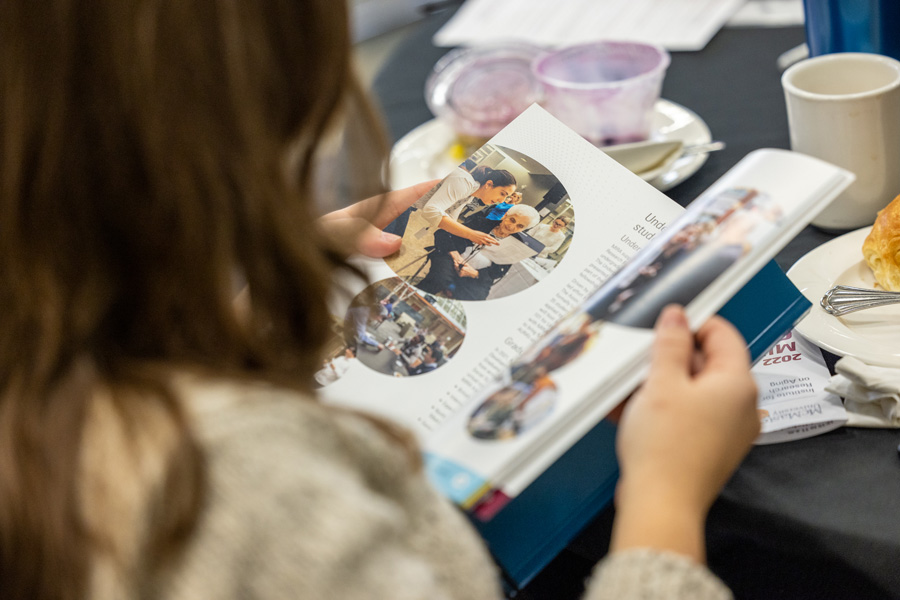International Scientific Advisory Committee
Helping bring MIRA’s impact global and providing international perspective to our work.
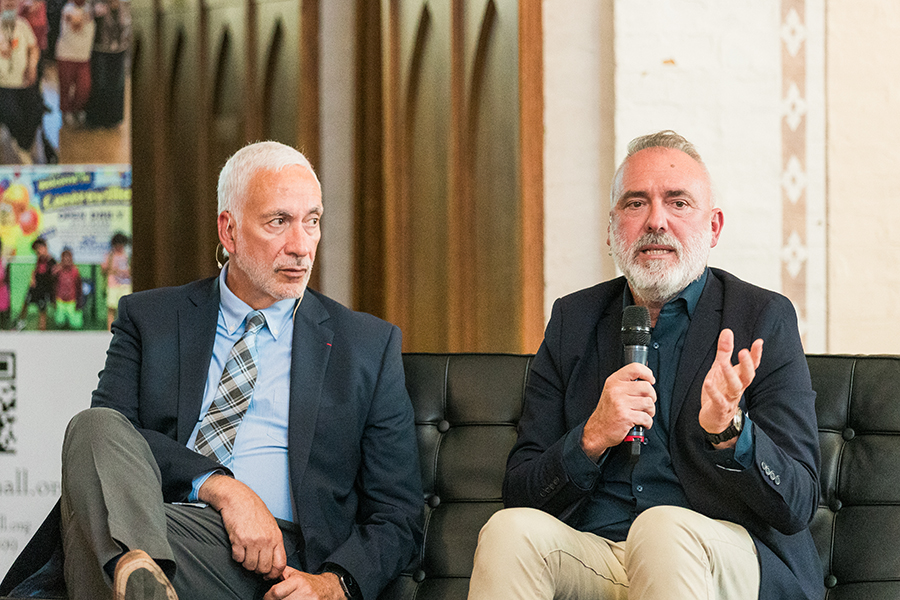
Overview
The MIRA International Scientific Advisory Committee (ISAC) is composed of highly accomplished and world-renowned scientists from the international community who are active in research on aging, ensuring objectivity and the highest standard of scientific excellence regarding research priorities and performance. The committee is an integral scientific oversight body that collaborates with the Scientific and Managing Directors to ensure that the research activities of the Institute, including the nested research centres, contribute to meeting their missions and goals.
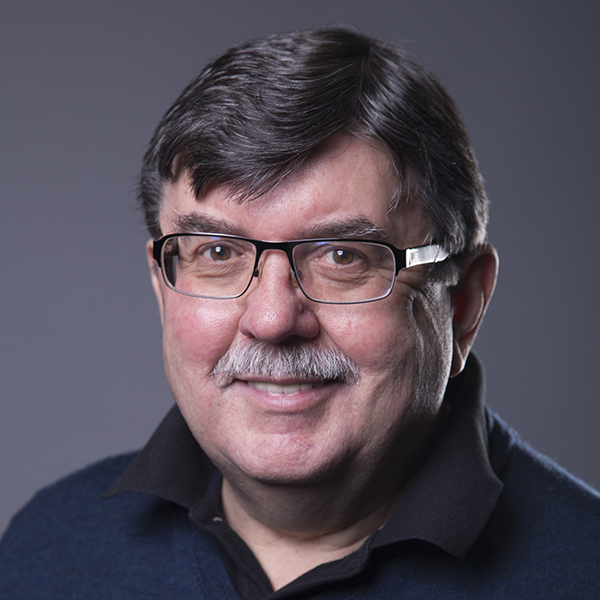
David Hogan
David Hogan
He/Him
Academic Leader
University of Calgary | Brenda Stafford Centre on Aging | O’Brien Institute for Public Health, Cumming School of Medicine
Born in Baie Comeau QC, David attended universities in Nova Scotia, Alberta, and Ontario. A specialist in geriatric medicine, after completing his postgraduate training he returned to Dalhousie University and was Associate Dean for Undergraduate Medical Education there. He joined the University of Calgary in 1990 where he was the founding head of the Division of Geriatric Medicine, held the first Canadian University Chair in geriatric medicine, the Brenda Strafford Foundation Chair in Geriatric Medicine, for 25 years, and served for 10 years (2012-2022) as the Academic Lead of the Brenda Strafford Centre on Aging where he championed the inclusion of older adults in the life of the University. Nationally he has been the Chair of the Royal College of Physicians and Surgeons of Canada Specialty Committee in Geriatric Medicine, President of the Canadian Geriatrics Society, editor of the Canadian Geriatrics Journal, and President of the C5R. David has authored approximately 350 peer-reviewed publications reflecting his long-standing interest in topics such as cognitive impairment and dementia, falls, and frailty. From 2010-2022 David was the Local Responsible Investigator for the Calgary Data Collection Site of the CLSA and formerly held leadership roles in the CCNA. He recently joined the CIHR Institute of Aging Advisory Board and chairs the MIRA International Scientific Advisory Board. He took part in the last four Canadian Consensus Conferences on the Diagnosis and Treatment of Dementia, the creation of the Alberta Dementia Strategy and Action Plan and was a member of the CAHS Panel for the Assessment of Evidence and Best Practices for the development of a Canadian Dementia Strategy.
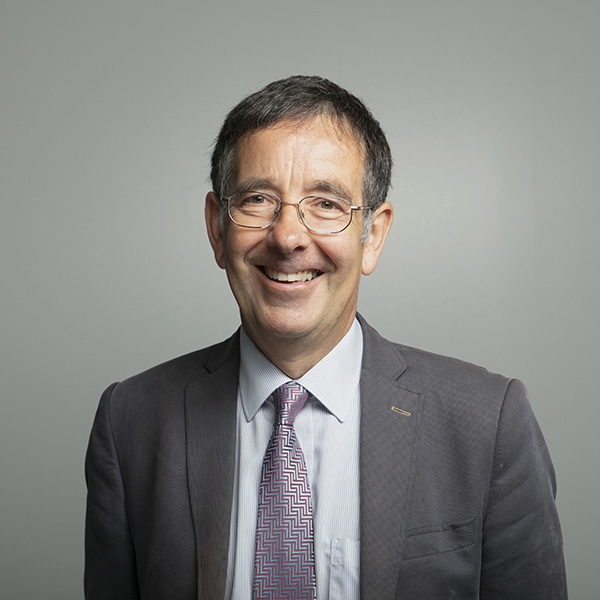
Tom Kirkwood
Tom Kirkwood
He/Him
Professor Emeritus
Newcastle University | Institute for Ageing
Tom Kirkwood is Professor Emeritus at Newcastle University, where he directed the Institute for Ageing and Health since 2004 and was Dean for Ageing from 2010-2015. He now also holds an affiliate professorship at the University of Copenhagen Center for Healthy Aging.
Of particular significance has been his work on the scientific basis of aging, examining why and how we age and the underlying causes of age-related disability and disease, including the impact of social and behavioral factors.
He led a major population-based investigation (the Newcastle 85+ Study) which examined in unprecedented detail the spectrum of health and associated biological, functional and psychosocial measures in a cohort of very old people. He has advised the UK government and international organizations on aspects of population aging. He has published many scientific papers and won several international prizes for his research. He is a Fellow of the Academy of Medical Sciences and has also worked with bodies in the business, professional and voluntary sectors. He has served on various national and international grant-awarding panels.
Kirkwood has contributed extensively to shaping the public debate on aging, through his 2001 BBC Reith Lectures and frequent contributions to television, radio, and print media. His books include the award-winning Time of Our Lives: The Science of Human Ageing, Chance, Development and Ageing (with Caleb Finch), The End of Age based on his Reith Lectures, and An Age of Wonders: the Story of the Newcastle 85+ Study (with Gordon Morris).

Agneta Malmgren Fänge
Agneta Malmgren Fänge
She/Her
Senior lecturer, Associate professor, Applied Gerontology
Head of Department of Health Sciences, Lund University
Dr. Agneta Malmgren Fänge’s research focuses on different interventions to enhance and improve the life situation for people living with neurocognitive disorders and their informal caregivers. This includes the work situation among their formal caregivers. Ongoing projects target: Effects of using virtual communities of practice on quality of life, autonomy and citizenship; Effects for formal and informal caregivers of using technical monitoring devices in the homes; Fall prevention interventions in ordinary homes and in sheltered housing facilities. The projects also include the development of digital educational platforms for staff training and support, as well as the development of different technology implementation strategies for municipality staff.
Fänge’s research also focuses on experimental health science and the detailed study of people’s activity in the laboratory as well as in built and natural environments, within the project Human Movement in activity. The context of the research is the Movement and Reality Lab, MoRe-Lab, at the Faculty of Medicine, Lund University. Sensor-based technology and AI are applied for data collection and analysis and different methods are validated for use also out of the laboratory context, i.e., using the MoRe-Lab mobile platform.
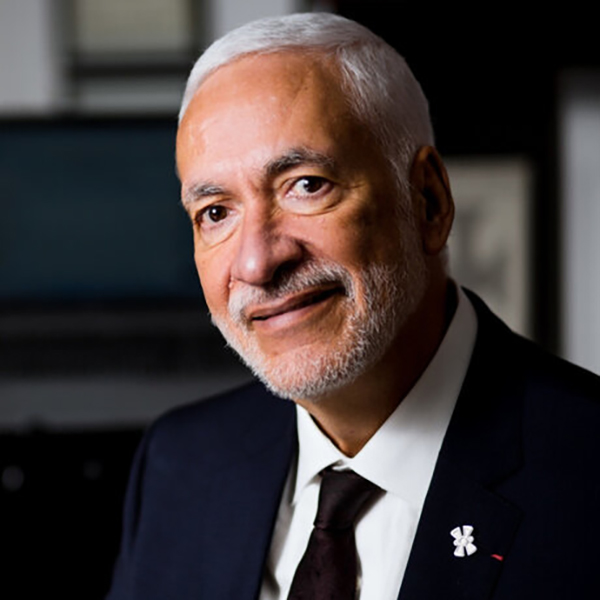
Luis Miguel Gutierrez Robledo
Luis Miguel Gutierrez Robledo
He/Him
Founding Director
National Institute of Geriatrics (Mexico)
Luis Miguel Francisco Gutiérrez Robledo studied Medicine at La Salle University and the Specialty in Internal Medicine at the National Institute of Medical Sciences and Nutrition “Salvador Zubirán” in Mexico.
In France, he obtained a Specialty in Geriatrics at the University of Grenoble and has specialized university studies in Social Gerontology at the same University. Later he completed a Master’s Degree in Biology of Aging at the University of Paris VII and a PhD in public health and epidemiology from the University of Bordeaux. He founded the Geriatrics Department of the National Institute of Medical Sciences and Nutrition “Salvador Zubirán” and headed it for 20 years. He was the Founding Director of the National Institute of Geriatrics at the National Institutes of Health.
He has been a visiting professor at the European Academy of Medicine of Aging, at the Universities of Sherbrooke in Canada, Southern California (USC) and Texas (Medical Branch) in the United States, Geneva in Switzerland and Bordeaux, Toulouse and Grenoble in France. PAHO and WHO consultant and member of the Steering Committee of the Clinical Consortium on Aging of the International Association of Gerontology and Geriatrics and WHO.
He has more than 280 publications in scientific journals and chapters in books (H index 48, more than 15,000 citations in Google Scholar), as well as 27 edited books, most related to research in clinical geriatrics, Alzheimer’s disease, nutrition of the older adult and the epidemiology of aging. He is a member of the National Academies of Medicine of Mexico and France and has been distinguished with the decorations of the Legion d’Honor and the Academic Palms, both in the degree of Knight by the government of the French Republic. In 2022 he has been recognized by the World Health Organization as one of the 50 global leaders of the movement for healthy aging.
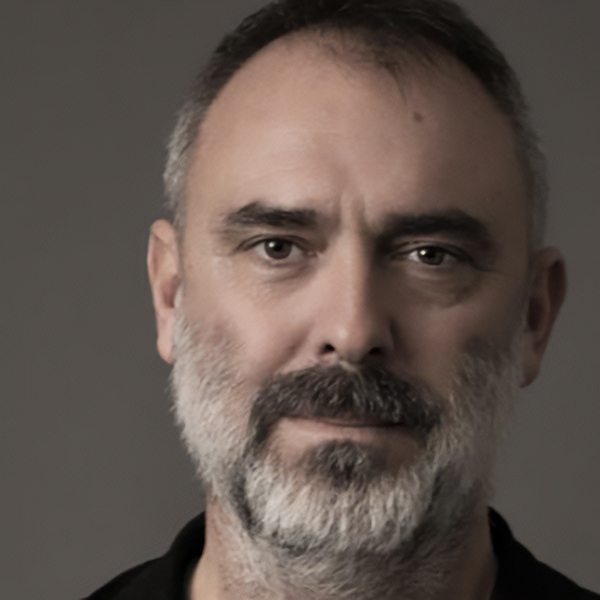
Nicola Palmarini
Nicola Palmarini
He/Him
Director, National Innovation Centre for Ageing
Newcastle University
Nicola Palmarini is the Director of the UK National Innovation Centre for Ageing, a global organization supported by an initial investment from the UK Government and Newcastle University to help co-innovate – together with citizens and private and public organizations – services, technologies and products and deliver them to the market through innovative, ethical, and sustainable business models. Before, he was a research manager at the MIT-IBM Watson AI Lab, a $250 million academic-industry partnership for the responsible advancement of artificial intelligence and Head of AI for Healthy Aging at IBM Research in Cambridge, USA. Trained in social and political studies, he developed deep expertise in leading heterogeneous teams and connecting dots across disciplines to bridge academic and industrial research with real-world applications to deliver return-on-community and return-on-business with a specific focus on longevity and the future effects and opportunities of the demographic revolution.
He holds a decade of experience in research on supporting older adults’ autonomy and independence, leading a global team to develop Human Activity Recognition techniques dedicated to older adults based on AI applied to IoT data and led the first-of-a-kind IBM project for the Aging Population in the city of Bolzano (Italy) in 2011.
His primary field of research is within aging-related scenarios where personal dignity, human needs, business processes optimization and technology converge. In detail, his age-related areas of research are AI for healthy aging; loneliness as an accelerator of physical and cognitive diseases; ageism; and women and the workplace.
He is an author, teacher, applied research scientist and TEDX speaker. The work of his teams has twice been awarded at the United Nations for Aging Initiative and received the Disability Matters – Market Place Award and the SilverEco Global award.
He is a Professor of practice in Ageing, Policy and planning, at Newcastle University.
He is the member of:
- Board member of the International Scientific Advisory Committee at McMaster Institute for Research on Aging (MIRA)
- Board member of GIMI (Global Management Innovation Institute)
- The Gerontological Society of America;
- Women in Technology (WIT)
- Women in Technology International (WITI)
- The Scientific Board of Political Sciences and International Relations at Universita’ Cattolica del Sacro Cuore of Milan
- The Scientific Board of the Humane Technology Lab at Universita’ Cattolica del Sacro Cuore of Milan
He holds a Master of Arts Degree in Political Science from Università Cattolica del Sacro Cuore in Milano and an undergraduate degree in Mass Communication and Society at the UoW in Seattle.
Today he works and lives in Newcastle.
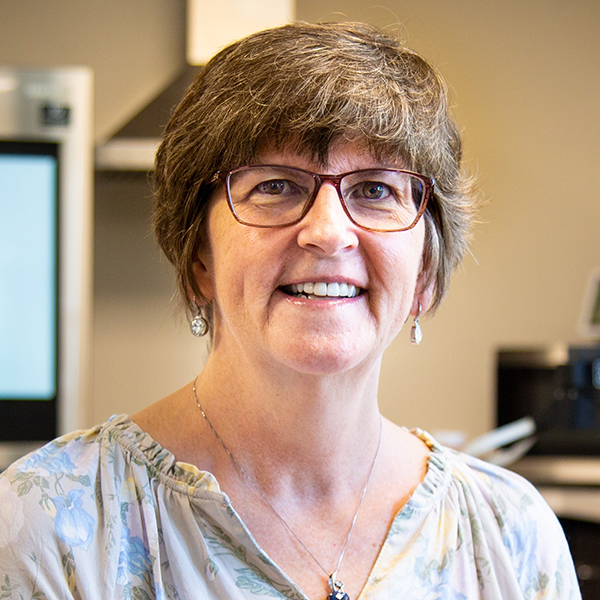
Wendy Rogers
Wendy Rogers
She/Her
Khan Professor of Applied Health Sciences; Department of Kinesiology and Community Health
University of Illinois Urbana-Champaign
Wendy A. Rogers, Ph.D., is Shahid and Ann Carlson Khan Professor of Applied Health Sciences at the University of Illinois Urbana-Champaign. Her primary appointment is in the Community Health Program. She has an appointment in Educational Psychology and is an affiliate of the Beckman Institute for Advanced Science & Technology; Illinois Informatics Institute; Center for Social and Behavioral Science; Women and Gender in Global Perspectives; and the Discovery Partners Institute. She received her B.A. from the University of Massachusetts – Dartmouth, and her M.S. and Ph.D. from the Georgia Institute of Technology. She is a Certified Human Factors Professional (BCPE Certificate #1539).
Her research interests include design for aging; digital health; human-robot interaction; aging with disabilities; technology trust and acceptance; and training. She is Director of the McKechnie Family LIFE Home and the Health Technology Education Program; Program Director of CHART (Collaborations in Health, Aging, Research, and Technology); and Director of the Human Factors and Aging Laboratory.
Dr. Rogers’ research is funded by the National Institutes of Health through the National Institute on Aging as part of the Center for Research and Education on Aging and Technology Enhancement (CREATE); and through the National Institute of Nursing Research. In addition, her work is funded by the Department of Health and Human Services through the National Institute on Disability, Independent Living, and Rehabilitation Research as part of the Rehabilitation Engineering Research Centers on Technologies to Support Aging-in-Place for People with Long-Term Disabilities (TechSAge) and the Center for Enhancing Neurocognitive Health, Abilities, Networks, and Community Engagement (ENHANCE).
About MIRA
The McMaster Institute for Research on Aging (MIRA) works to optimize the health and longevity of older adults through research, education and community engagement.
about us